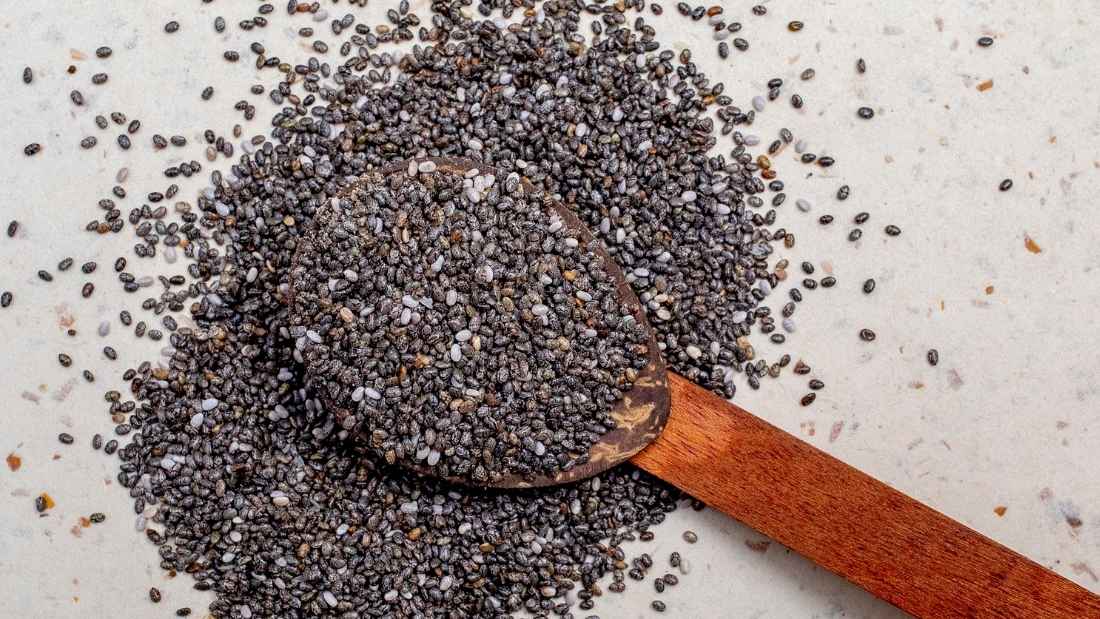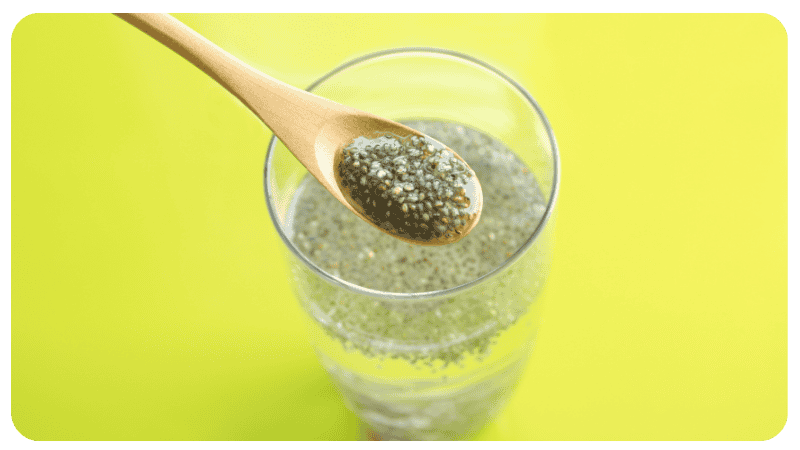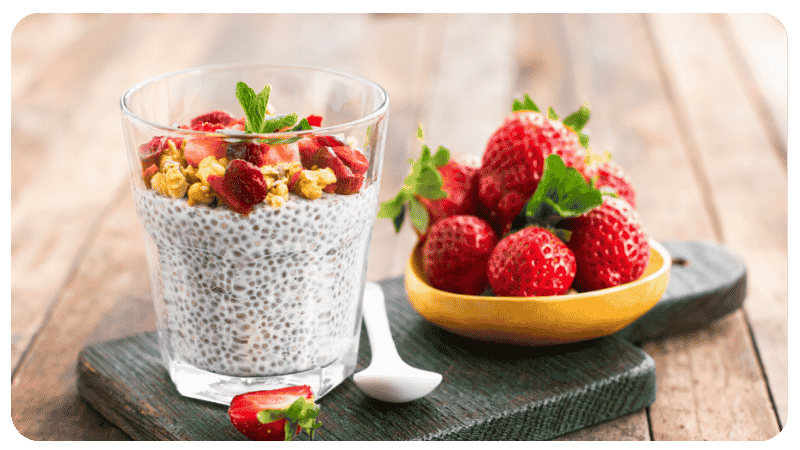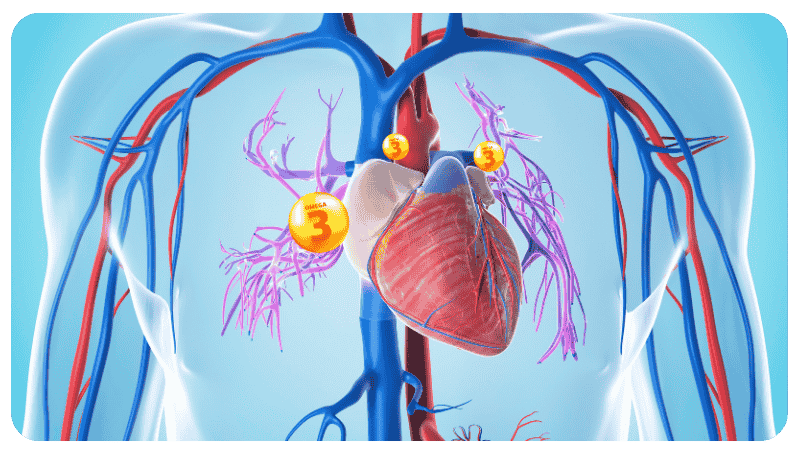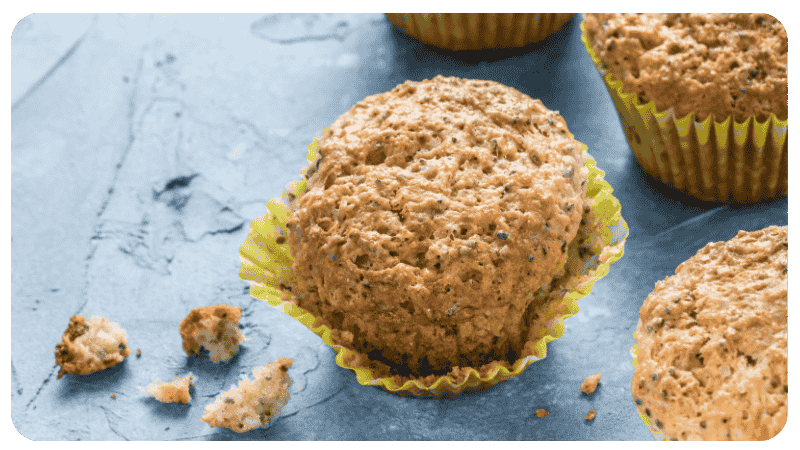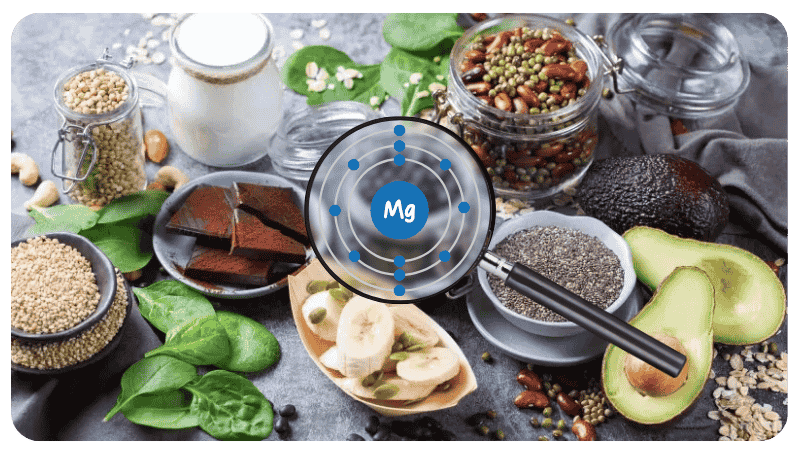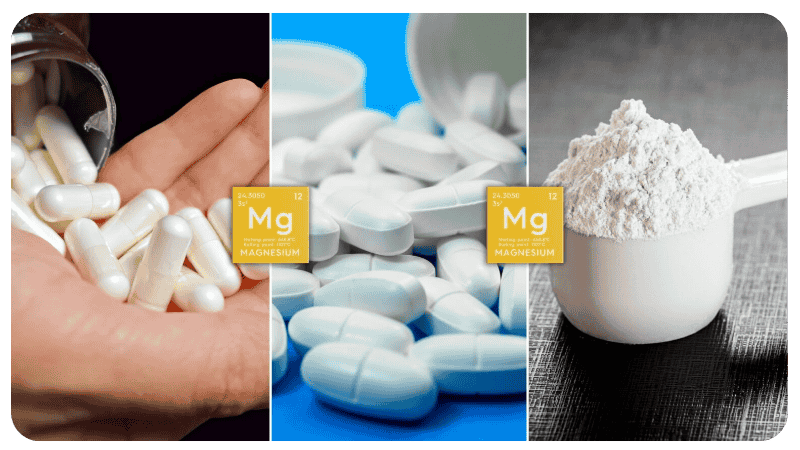Chia seeds have been hailed as a superfood for good reason, offering impressive benefits like improved digestion, heart health, and sustained energy levels. Packed with nutrients and boasting a wide range of health benefits, these tiny seeds can transform your health in just 30 days. Whether you’re looking to boost your energy, improve digestion, or manage your weight, chia seeds could be the addition your diet needs. In this article, we’ll explore what happens to your body when you consume chia seeds consistently for 30 days.
What Are Chia Seeds?
Chia seeds come from the plant Salvia hispanica, native to Central America. Known for their incredible ability to absorb water and form a gel-like consistency, they have been a dietary staple for centuries. But what makes them so special?
Chia seeds are rich in:
- Omega-3 Fatty Acids: Promotes heart health and reduces inflammation.
- Fiber: Improves digestion and keeps you feeling full longer.
- Protein: Essential for muscle repair and growth.
- Antioxidants: Protects against free radical damage.
- Micronutrients: Calcium, magnesium, phosphorus, and iron support bone health and energy levels.
The Health Benefits of Eating Chia Seeds for 30 Days
1. Improved Digestion
Chia seeds are loaded with soluble and insoluble fiber, making them a powerhouse for your digestive system. When you eat chia seeds daily, you’ll notice smoother digestion and less bloating within the first week. The fiber promotes regular bowel movements and helps maintain gut health by feeding beneficial gut bacteria.
2. Enhanced Energy Levels
By week two, you might feel an increase in your energy levels. The combination of protein, omega-3 fatty acids, and slow-digesting carbohydrates ensures a steady release of energy throughout the day. This makes chia seeds an excellent pre-workout snack or morning energy booster.
3. Weight Management
Consuming chia seeds regularly can help with weight management. Their high fiber content keeps you feeling full for longer, reducing the temptation to snack between meals. Studies suggest that chia seeds can aid in reducing belly fat over time when combined with a healthy diet and exercise.
4. Improved Skin Health
The antioxidants in chia seeds help fight free radicals, which can cause premature aging. By the end of the 30 days, you may notice improved skin elasticity and a natural glow. Omega-3 fatty acids also contribute to hydrated and healthy-looking skin.
5. Better Heart Health
Chia seeds are packed with omega-3 fatty acids, which are essential for maintaining a healthy heart. These fats help lower LDL (bad cholesterol) levels and increase HDL (good cholesterol). By incorporating chia seeds into your diet, you’re supporting cardiovascular health and reducing the risk of heart disease.
6. Stronger Bones and Teeth
Chia seeds contain more calcium per gram than most dairy products, making them an excellent choice for bone health. Over 30 days, the added calcium, magnesium, and phosphorus from chia seeds can contribute to stronger bones and teeth, especially for those who follow a plant-based diet.
7. Stabilized Blood Sugar Levels
The high fiber content in chia seeds helps slow the absorption of sugar in the bloodstream, reducing blood sugar spikes and crashes. This makes them an excellent choice for people managing diabetes or those looking to maintain stable energy levels.
How to Incorporate Chia Seeds Into Your Diet
1. Chia Pudding
Soak chia seeds in almond milk or coconut milk overnight to create a creamy pudding. Add fruits and nuts for a delicious and nutritious breakfast.
Picture Idea: A vibrant bowl of chia pudding topped with berries and nuts.
2. Smoothies
Add a tablespoon of chia seeds to your morning smoothie for an extra nutrient boost. They’ll thicken your smoothie while adding fiber and omega-3s.
3. Baking
Incorporate chia seeds into muffins, bread, or granola bars. They can also act as an egg substitute when mixed with water, making them ideal for vegan recipes.
4. Salad Toppings
Sprinkle chia seeds on your salad for a subtle crunch and a nutrient upgrade.
How Much Should You Eat?
The recommended daily intake of chia seeds is about 1-2 tablespoons. Start with a small amount and gradually increase to avoid any digestive discomfort.
Caution: Drink plenty of water when consuming chia seeds, as their high fiber content can lead to dehydration if you’re not adequately hydrated.
Are There Any Side Effects?
While chia seeds are generally safe for most people, consuming too much can cause bloating or gas due to their high fiber content. People with certain allergies or those taking blood thinners should consult a healthcare provider before adding chia seeds to their diet.
Scientific Evidence Supporting Chia Seeds
- Numerous studies back the health claims surrounding chia seeds. For instance:
- Heart Health: A study published in the Journal of Food Science and Technology highlighted that chia seeds’ omega-3 content can reduce inflammation and support heart health.
- Weight Loss: Research in the Nutrition Research and Practice journal suggests that the fiber and protein in chia seeds promote satiety, aiding weight loss.
- Blood Sugar Control: Studies in the European Journal of Clinical Nutrition show that chia seeds can improve blood sugar regulation.
Conclusion: Why You Should Add Chia Seeds to Your Diet
In just 30 days, incorporating chia seeds into your diet can lead to noticeable improvements in your health. From better digestion and glowing skin to increased energy and heart health, the benefits are truly remarkable. Easy to prepare and versatile, chia seeds are a simple addition to any diet.
Scientific References :
- Fiber and Gut Health: Soluble and insoluble fiber in chia seeds promote digestion and feed beneficial gut bacteria.
- Reference: Slavin, J. (2013). “Fiber and Prebiotics: Mechanisms and Health Benefits.”
- Steady Energy Release: Omega-3 fatty acids and slow-digesting carbohydrates in chia seeds provide sustained energy.
- Reference: Nieman, D. C. et al. (2009). “Chia seed does not promote weight loss or alter disease risk factors in overweight adults.” Nutrition Research.
- Satiety and Fiber: Chia’s high fiber content promotes fullness, reducing calorie intake.
- Antioxidants and Skin Elasticity: Antioxidants combat oxidative stress, promoting healthy skin.
- Reference: Yu Sawada 1,*, Natsuko Saito-Sasaki 1, Motonobu Nakamura 1. “Omega 3 Fatty Acid and Skin Diseases”
- Omega-3 Fatty Acids: Chia seeds help lower LDL cholesterol and improve HDL cholesterol.
- Reference: Ayerza, R., & Coates, W. (2007). “Dietary levels of chia: Influence on yolk cholesterol, lipid content and fatty acid composition for two strains of hens.” Poultry Science.
- Calcium and Magnesium: Chia seeds are rich in bone-supporting minerals.
- Reference: Weaver, C. M. (2014). “Calcium in food fortification strategies: benefits and risks.” Nutrition Research Reviews.
- Blood Sugar Regulation: Fiber slows glucose absorption, stabilizing blood sugar levels.
- Reference: Ho, H. V. T. et al. (2013). “Chia (Salvia hispanica L.) reduces postprandial glycemia and increases satiety in healthy individuals.” European Journal of Clinical Nutrition.
